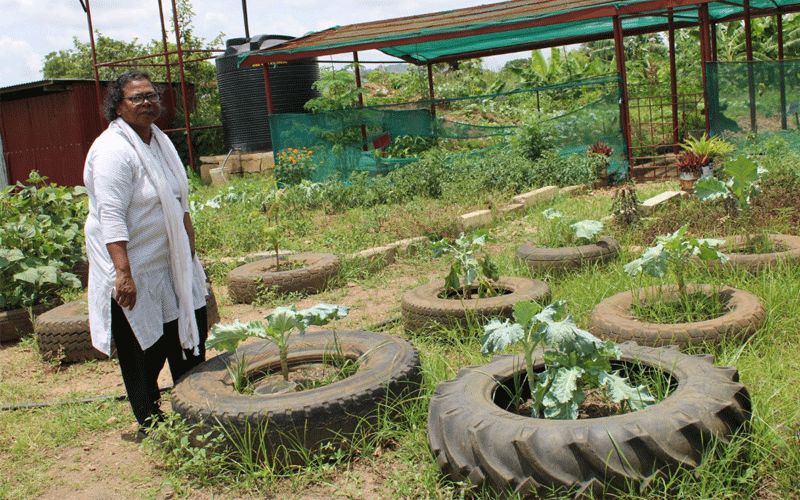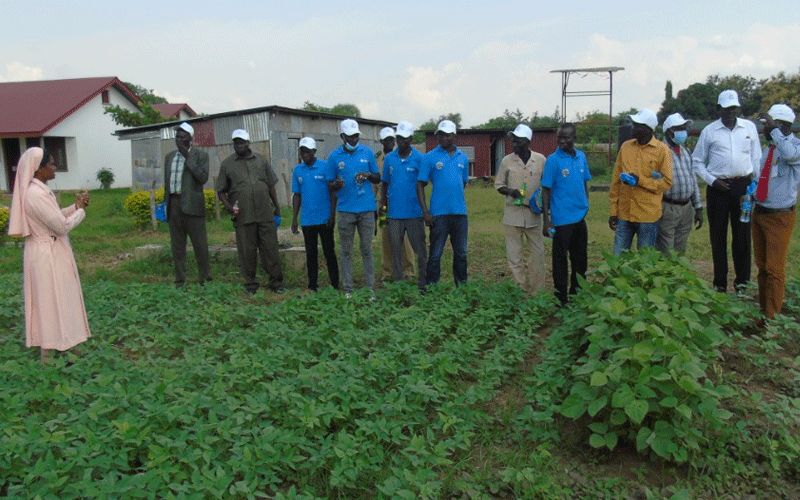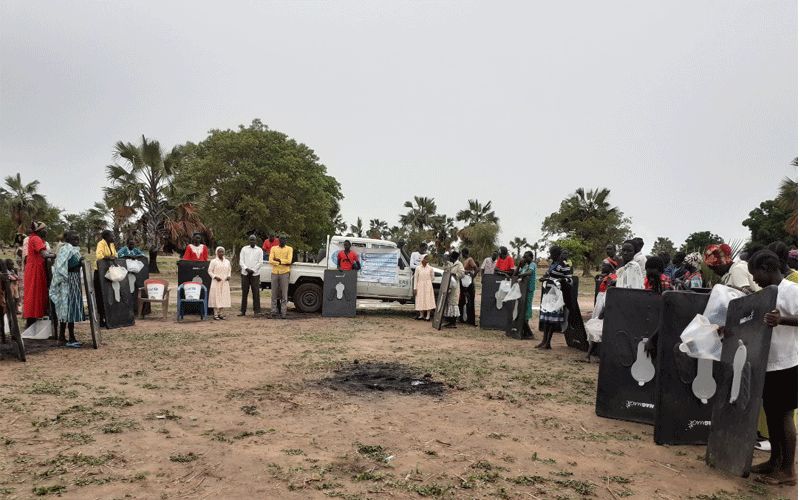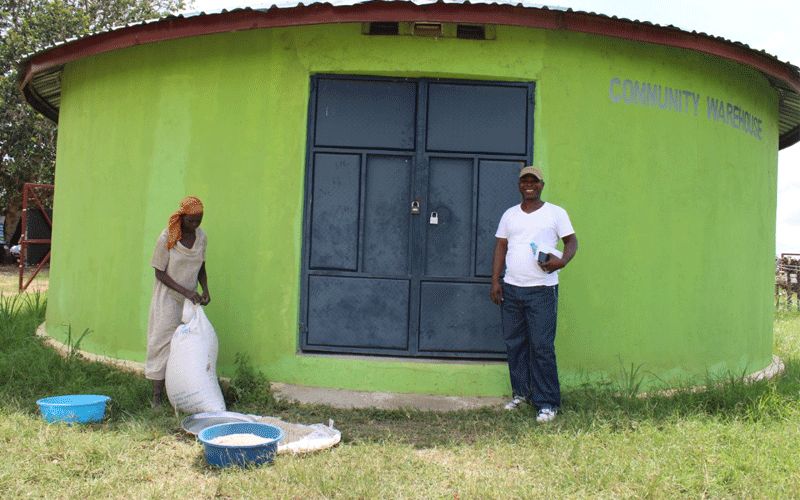Juba, 02 September, 2020 / 10:33 pm (ACI Africa).
At least 25,000 households that are part of hundreds of farming groups in South Sudan have embraced the latest farming techniques to improve productivity and to create more sources of livelihood thanks to a project initiated by Religious Sisters ministering in the East-Central African country.
In an interview with ACI Africa on a demonstration farm managed by the Daughters of Mary Immaculate (DMI) and collaborators in the country’s capital, Juba, the leadership of the Religious Congregation that has Lay collaborators said that small scale farmers in Juba, Gogrial, and Yirol had been supported with seeds, tools and imparted with best farming methods to improve their yields.
DMI Deputy Country Director and Head of Programs in South Sudan, David Sovula said that some of the farming practices the farmers have been introduced to are the alternatives to broadcasting seeds, a technique he says is less efficient.

“Traditionally, farmers have planted sorghum, which is the staple food crop in South Sudan, by broadcasting the seeds which leads to inefficient use of soil nutrients, translating to poor yields,” Mr. Sovula told ACI Africa, adding that broadcast seeds fall at the same place and compete for the same amount of nutrients.













